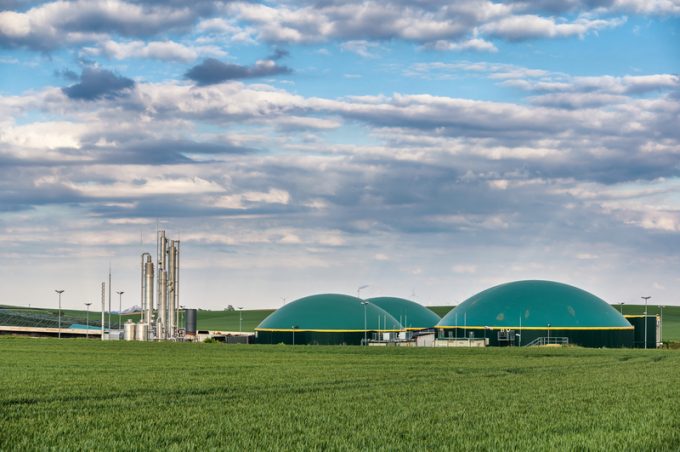India-Africa: Capacity revamp as demand brings rate gains for carriers
India-Africa trade is seeing a reconfiguration of capacity deployment due to the shipping alliance changes ...

CMA CGM has stepped up its investment into alternative fuels, launching a project to buy 12,000 tonnes of bio-methane on a guarantee-of-origin basis.
It noted that this amount of fuel would be enough to power two of its intra-Europe subsidiary Containerships’ 1,400 teu LNG-powered vessels, deployed ...

Comment on this article
Andy Newbold
April 09, 2021 at 2:52 pmCongratulations CMA-CGM on taking steps toward a more sustainable future!